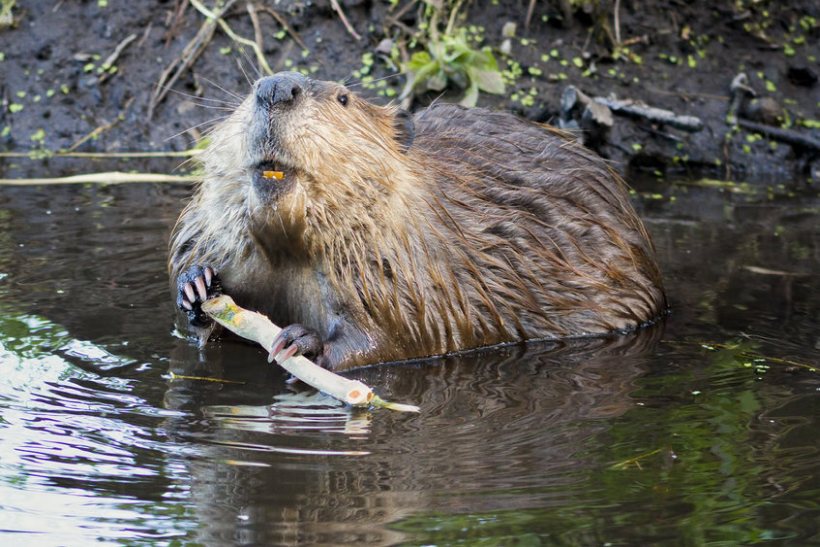
Defra has declined to adopt EFRA Committee's recommendations on species reintroduction, with rural campaigners applauding the move as the policy could 'risk livelihoods'.
The cross-party committee has published the government’s official response to its report on species reintroduction, which was released in July.
The report included a number of recommendations on how to manage species reintroduction with land managers and suggestions for species reintroduction priority lists and targets.
The government has declined to adopt these measures "at this stage", as species reintroduction "is not a priority in ongoing nature recovery efforts".
On this basis, the government said it will not be adopting a strategy or priority list for reintroductions, as "the focus of environmental efforts will be placed elsewhere to improve biodiversity and habitat connectivity".
A Defra spokesperson said: "We have consistently supported the reintroduction of recently lost former native species when it has been appropriate to do so.
"Species such as the large blue butterfly, red kite and pool frog have already been reintroduced.
"We are focussed on habitat restoration, creation and improved connectivity; tackling pressures on species including pollution, unsustainable use of resources and climate change; and targeted action to recover specific species."
A species reintroduction is the return of a plant, animal, or fungi to an area from which it has been lost.
Reintroduction aims to re-establish a viable population of the species within its natural range.
The process can be beneficial, but can also present a risk of causing adverse environmental, economic, and social impacts.
Many farmers have raised concerns about the potential impact of a reintroduction on their business and on food production.
Responding to the government's dismissal of EFRA's recommendations, the Country Land and Business Association (CLA) said species reintroductions should only take place with "the explicit backing of those in the local area".
Mark Tufnell, president of the rural group, said: “Without proper case-by-case evaluation, transparent management and monitoring, the policy of reintroduction could risk rural livelihoods and communities.
"Agricultural disruption, damage and disease transmission could be among the unintended, but likely consequences.
“Biodiversity is crucial for our sector’s sustainable future, but there are safer and more cost-effective ways to improve it which should be considered first.”
